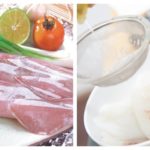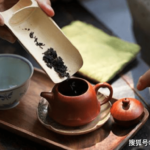The art of crafting the perfect cork or cap for a bottle of wine or liquor is a meticulous process, and understanding the different types and their purposes is essential for both producers and connoisseurs. Let’s explore the fascinating world of bottle closures and uncover their secrets!
1 Cork Stoppers
Cork stoppers, also known as natural corks, have a long history dating back to the 1st century BC in the Greek city of Ephesus. Made from the bark of oak trees, corks have become the most widely used closure and are renowned for their superior ability to preserve the flavor and quality of wines and spirits.
Advantages of Cork Stoppers
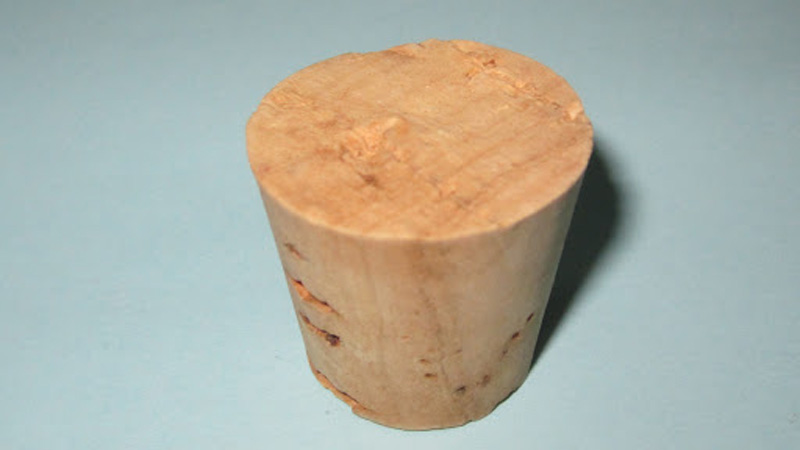 Cork stoppers are lightweight and simple in design.
Cork stoppers are lightweight and simple in design.
With a lightweight and fire-resistant nature, corks are highly effective in slowing down the aging process of the beverage, thus preserving its flavor and freshness over time. The bark of oak trees is a sustainable resource, as these trees can live up to 200 years and are abundantly available worldwide.
Disadvantages of Cork Stoppers
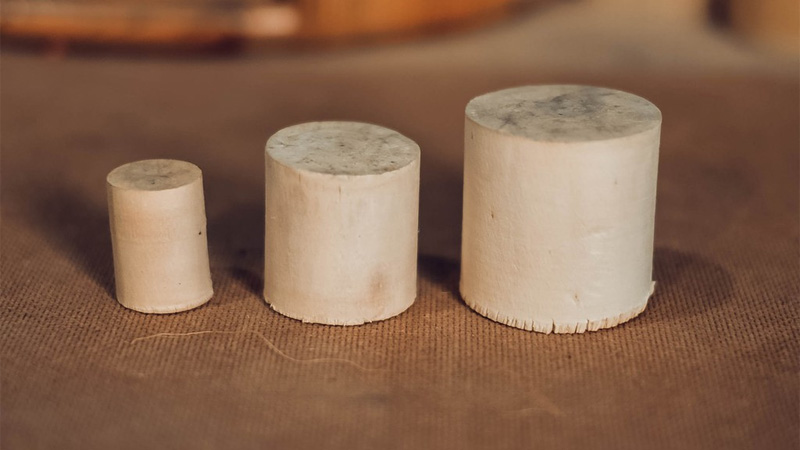 Screw caps offer a secure and convenient closure.
Screw caps offer a secure and convenient closure.
The production of corks requires meticulous attention to detail, as improperly treated corks can develop mold or impart a musty flavor to the beverage. Additionally, the elasticity of the cork may cause it to crumble over time, potentially contaminating the liquid with small particles.
2 Screw Caps
Screw caps, also known as screw-top closures, were introduced to address the shortcomings of cork stoppers. While early versions of screw caps had issues with causing wine contamination, modern screw caps are designed with an inner plastic lining to ensure absolute safety.
The outer shell of screw caps is made of metal or specialized paper, which snugly fits the top of the bottle, providing an effective seal.
Advantages of Screw Caps
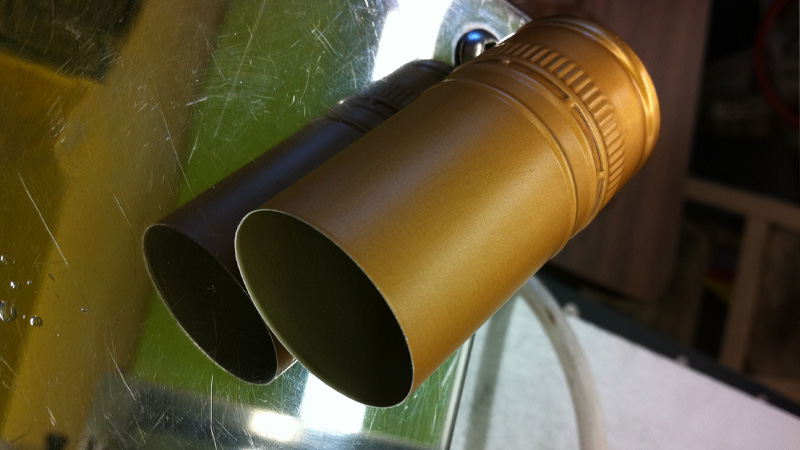
Screw caps offer a safe and affordable alternative to corks, eliminating the risk of TCA contamination. They are easy to open and close, do not affect the flavor, and allow for convenient storage of the bottle in any position.
Disadvantages of Screw Caps
 Screw caps may be perceived as less elegant than cork stoppers.
Screw caps may be perceived as less elegant than cork stoppers.
While screw caps are highly functional, their design may be considered less elegant than cork stoppers, which is why they are rarely used for premium wines. Screw caps can also accelerate the aging process due to oxygen exposure, and the materials used are non-biodegradable, posing environmental concerns.
3 Synthetic Corks
Synthetic corks, also known as Synthetic Cork, are made from polyethylene plastic and designed to resemble natural corks in texture and appearance. These corks offer a cost-effective alternative while maintaining the traditional look and feel.
Advantages of Synthetic Corks
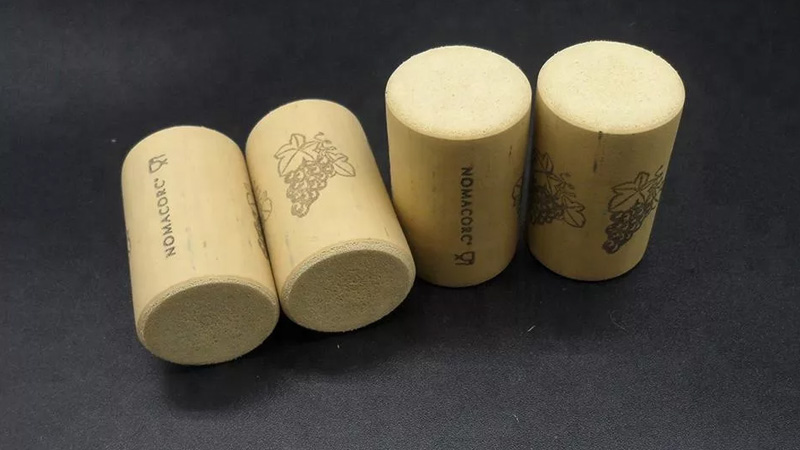 Synthetic corks offer a cost-effective alternative to natural corks.
Synthetic corks offer a cost-effective alternative to natural corks.
Synthetic corks provide a safe, durable, and affordable option without the risk of contamination or breakage. They are designed to resemble natural corks closely, making them a viable alternative for wine and spirit producers.
Disadvantages of Synthetic Corks
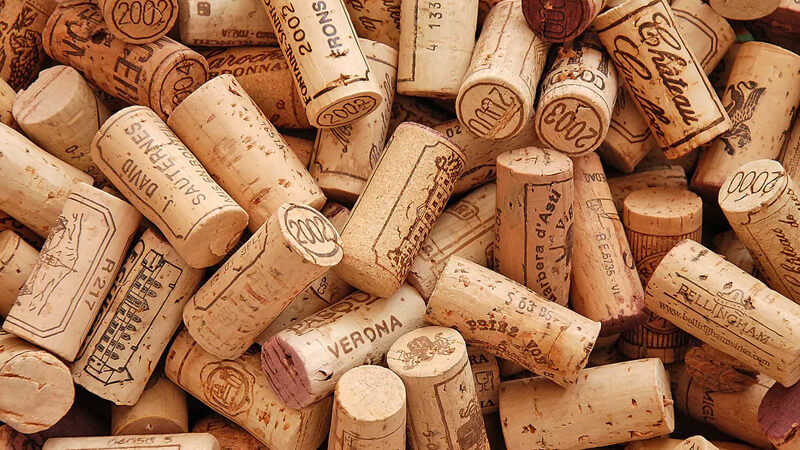 Synthetic corks may release an unpleasant plastic odor.
Synthetic corks may release an unpleasant plastic odor.
The plastic material used in synthetic corks can degrade over time, releasing an unpleasant plastic odor that detracts from the beverage’s flavor. Additionally, these corks can be difficult to remove, impacting the overall consumer experience.
4 Other Types of Bottle Closures
Vinoseal
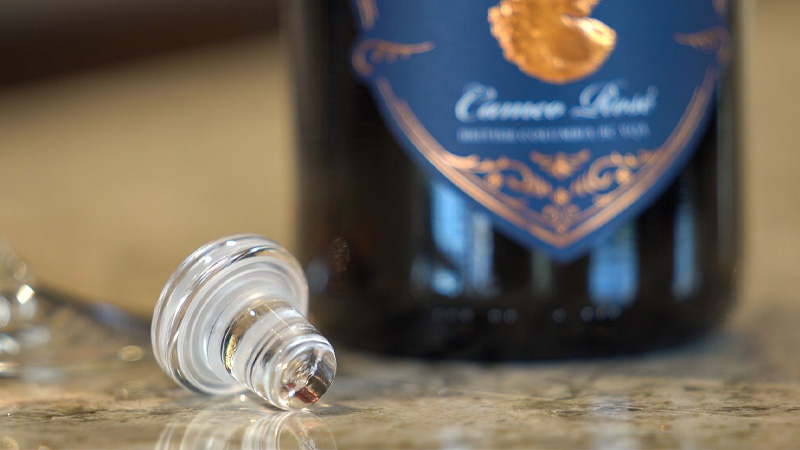 Vinoseal closures offer a premium look and feel.
Vinoseal closures offer a premium look and feel.
Vinoseal, also known as Vinolok, is a premium closure originally designed for glass bottles but later transitioned to plastic or aluminum for improved functionality and preservation.
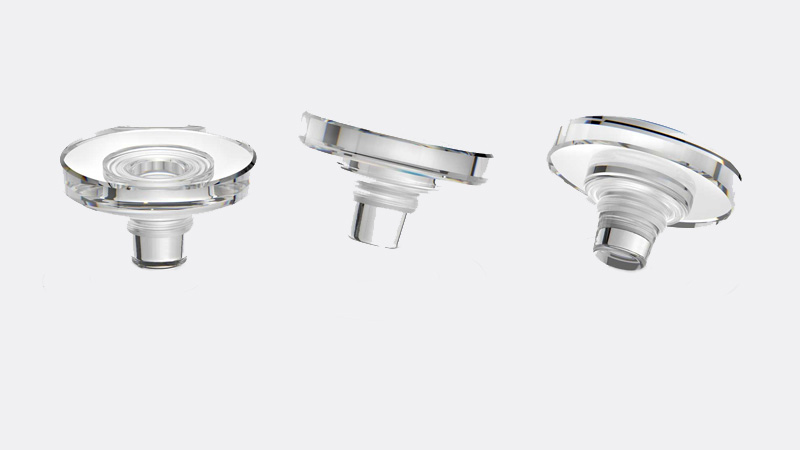 Vinoseal closures add a touch of elegance to the bottle.
Vinoseal closures add a touch of elegance to the bottle.
Crown Caps
Crown caps, commonly known as bottle caps, are widely used for carbonated beverages and beers. While they provide a secure seal, they can be challenging to remove, requiring a bottle opener.
 Crown caps are a familiar sight on beverage bottles.
Crown caps are a familiar sight on beverage bottles.
Zork
Zork closures are made of plastic and feature a unique multi-layered design that seals the bottle effectively. They are easy to open and close, making them a convenient choice.
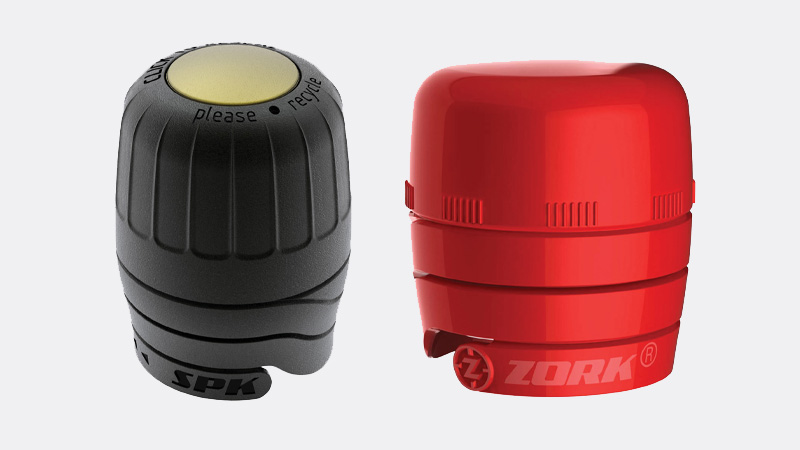 Zork closures offer convenience and ease of use.
Zork closures offer convenience and ease of use.
Helix
Helix closures, originating from Portugal, feature a distinctive spiral design that secures the bottle effectively. However, they can be difficult to open and close, similar to natural corks.
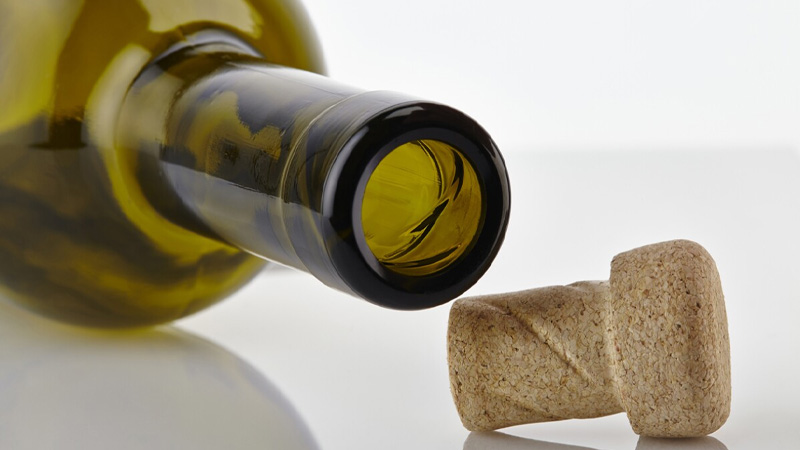 Helix closures resemble natural corks in design.
Helix closures resemble natural corks in design.
From cork stoppers to screw caps and beyond, the world of bottle closures is diverse and intriguing. Whether you’re a wine enthusiast or simply curious, understanding the different types of closures and their purposes adds a new dimension to your appreciation of fine wines and spirits.



























